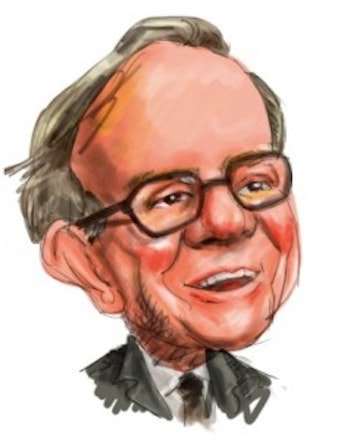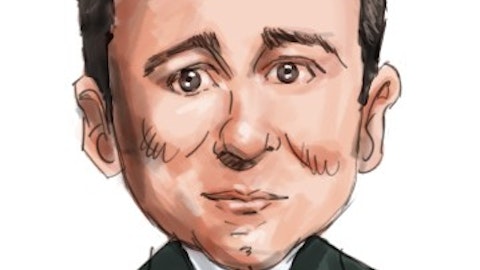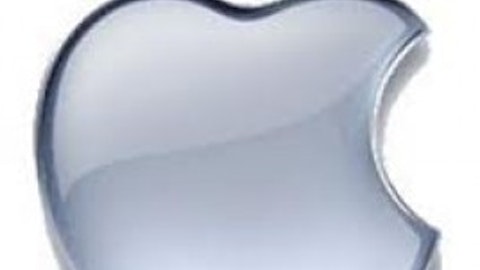
Intercontinental’s primary motivation for a merger was control of NYSE Euronext’s Liffe derivatives unit, which makes markets in a variety of equity and commodity derivative securities. Despite owning the New York Stock Exchange, American Stock Exchange, and some European exchanges, NYSE Euronext’s stock listing business has had limited revenue and profit growth recently, due to the rise of alternative trading platforms. In FY2011, the company reported that it only cleared 35% of all trades in NYSE-listed companies.
Meanwhile, the overall derivatives business has continued to grow, despite its significant role in the financial crisis. In FY2011, NYSE Euronext’s derivatives unit posted revenue growth of 4.3% and accounted for over half of the company’s operating profit. Its technology services unit has also been doing well, with revenues up 175% over the past four fiscal years, as more trading firms require improved trading technology and compliance services.
In FY2012, NYSE Euronext’s business has come under pressure, with volume declines in its stock listing and derivatives units. For the first nine months of the year, it reported decreases in revenues and operating profit of 18.8% and 29.4%, respectively, versus the prior-year period. While its stock listing business had flat revenues, NYSE Euronext’s derivatives segment was hurt by reduced market volatility and a reduction in derivatives trading. The Fed is your friend, unless part of your business is providing protection against the Fed and other central banks’ actions.
Despite lower derivative trading in most areas in 2012, Intercontinental benefited from its strong market-making operations in Brent crude and various other agriculture products that were under supply constraints during the period. Brent crude contracts have become increasingly popular as a hedging or speculation tool for crude oil, compared to West Texas Intermediate crude contracts. In addition, the company profited from a 19% increase in sales of market data to trading participants.
In the first nine months of FY2012, Intercontinental reported increases in revenues and operating income of 3.9% and 6.1%, respectively, versus the prior-year period. It benefited from revenue increases in all of its business units, as well as improved profitability from its move to an all-electronic platform with the October 2012 closure of its last open-outcry trading pit. With $570 million in operating cash flow during the period, Intercontinental is using its financial strength to buy additional market share through its acquisition of NYSE Euronext.
In contrast, CME Group has had a down year, with lower trading volumes across the board, except in its agricultural products category. For the first nine months of FY2012, the company reported decreases in revenues and operating income of 11.4% and 19.3%, respectively, compared to the prior-year period. CME’s operating margin was hurt by a 26% decrease in trading volumes, as well as higher personnel and benefits costs. However, the company continues to generate significant operating cash flow and is returning excess funds to shareholders.
If Mr. Buffett is interested in the exchange business, it is probably an industry that investors want to have on their radar screen. This deal will continue to consolidate the industry into the hands of Intercontinental and CME Group, as well as a group of major international players that include Deutsche Borse. The net result will be better pricing for the surviving companies’ products and improved profits for shareholders.
Despite low current market volatility, with the CBOE Volatility Index sitting around 15 recently, eventually central banks will reverse their actions that have put a clamp on volatility levels and led to rising global equity markets. At that point, derivatives trading activity will likely continue on an upward trajectory, as participants continue to use the markets to hedge or enhance their securities’ positions. With strong excess cash flows and an enviable operating margin around 60% for both Intercontinental and CME Group, these two leaders dominate the industry and are positioned for long-term growth. They should be on investors’ watch lists.
The article Did Mr. Buffett Really Want the NYSE? originally appeared on Fool.com and is written by Robert Hanley.
Copyright © 1995 – 2013 The Motley Fool, LLC. All rights reserved. The Motley Fool has a disclosure policy.





